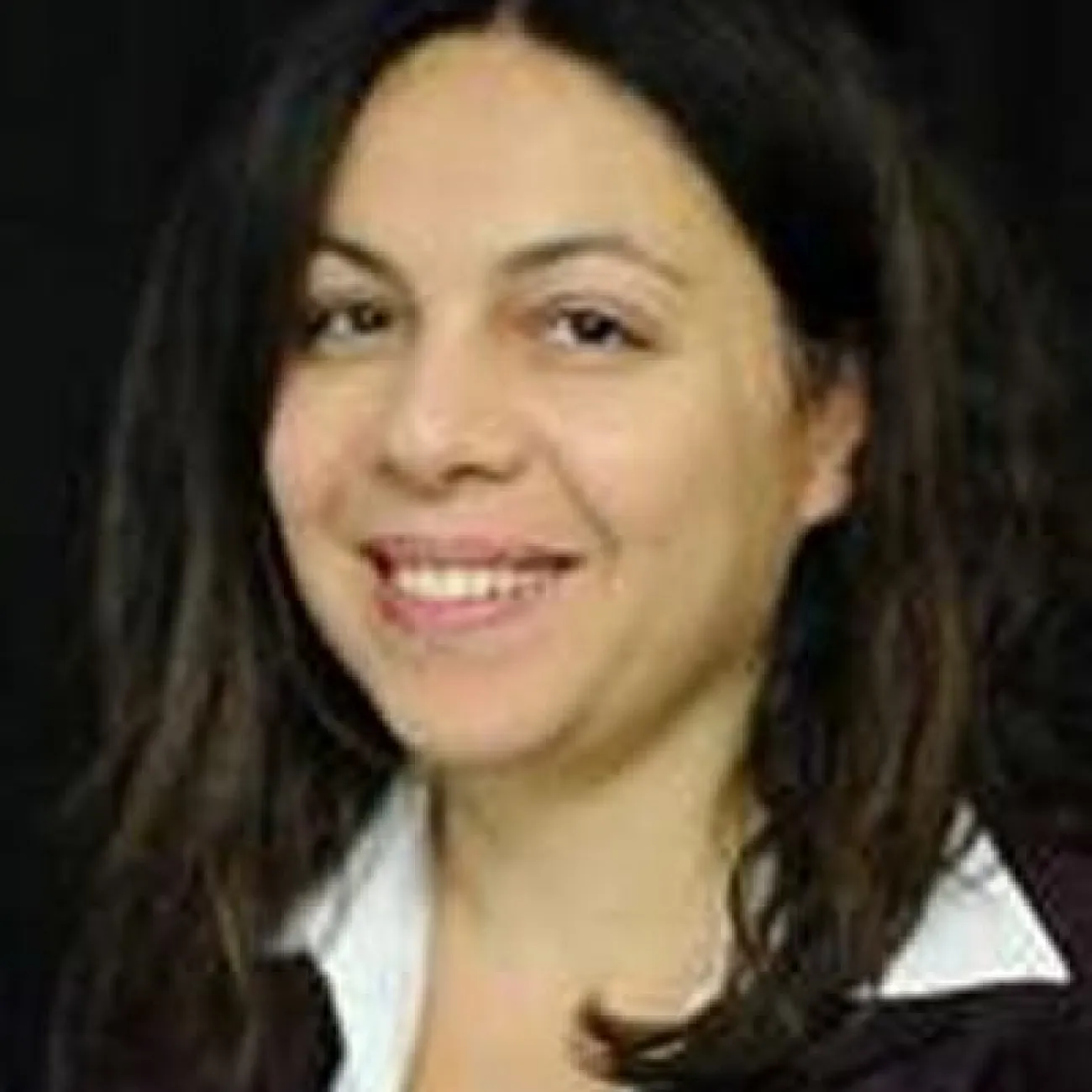About
Kiki Messiou is Professor within Southampton Education School at the University of Southampton. She was Director of Research in Southampton Education School (Deputy Head of School) 2019-2022.
Kiki joined the University of Southampton in October 2012. Her research interests are in the area of inclusive education and, in particular, in exploring children’s and young people’s voices to understand notions of marginalisation and develop inclusive practices in schools. She is particularly interested in research with children and young people and methodological issues related to this issue. These themes are the focus of her publications. This is summed up in the following statement in her book, ‘Confronting marginalisation in education: A framework for promoting inclusion’:
"Listening to children in relation to inclusion in schools is a manifestation of being inclusive."
Kiki is a regular contributor to international conferences, such as AERA, BERA and ECER and has given invited keynote presentations in various countries such as Austria, Cyprus, England, Italy, South Africa and Spain. In 2019 she received the BERA Conference SIG (Inclusive Education) Best Paper Award. In the same year, she was invited to Stanford University to talk about her research and to explore possibilities for collaborative work with schools in Palo Alto and Southampton.
She led a three-year (2017-2020) European Union funded study "Reaching the ‘hard to reach’: Inclusive responses to diversity through child-teacher dialogue". The study involved five countries (Austria, Denmark, England, Spain, Portugal), with partners from universities and primary schools in each country. It focused on developing effective strategies for including all children in lessons, particularly those who might be seen as 'hard to reach'. This built on her earlier collaborative teacher development and research project funded by the European Union Executive Agency (2011-2014) entitled "Responding to diversity by engaging with students' voices: a strategy for teacher development" and involved researchers and practitioners from three countries: Portugal, Spain and the UK. Furthermore, Kiki collaborated with colleagues from Italy (co-ordinators), Spain, Cyprus and Poland, for the INTO (‘Intercultural Mentoring tools to support migrant integration at school’) project funded by the European Union. This project involved schools from Hampshire and Southampton and focused on the role of secondary school students in becoming mentors to support migrant students during a difficult time of their school life.
You can update this in Pure (opens in a new tab). Select ‘Edit profile’. Under the heading and then ‘Curriculum and research description’, select ‘Add profile information’. In the dropdown menu, select - ‘About’.
Write about yourself in the third person. Aim for 100 to 150 words covering the main points about who you are and what you currently do. Clear, simple language is best. You can include specialist or technical terms.
You’ll be able to add details about your research, publications, career and academic history to other sections of your staff profile.
